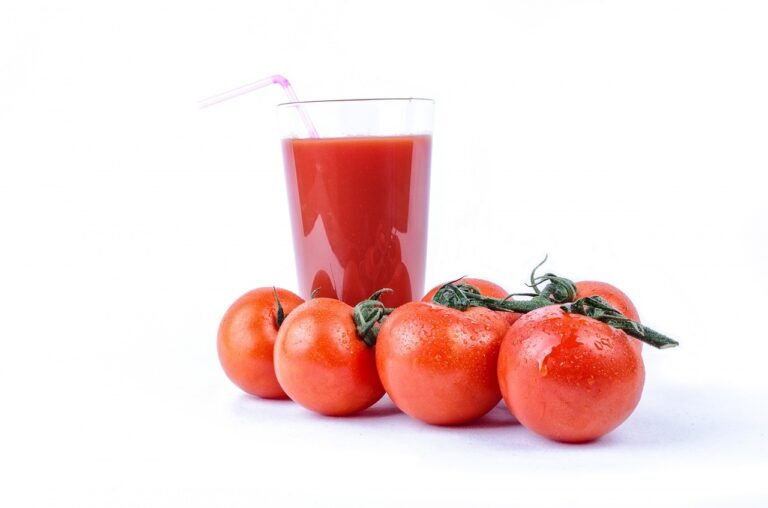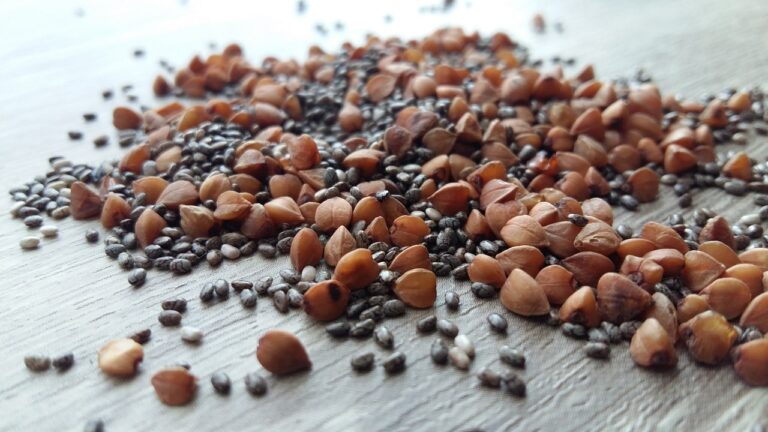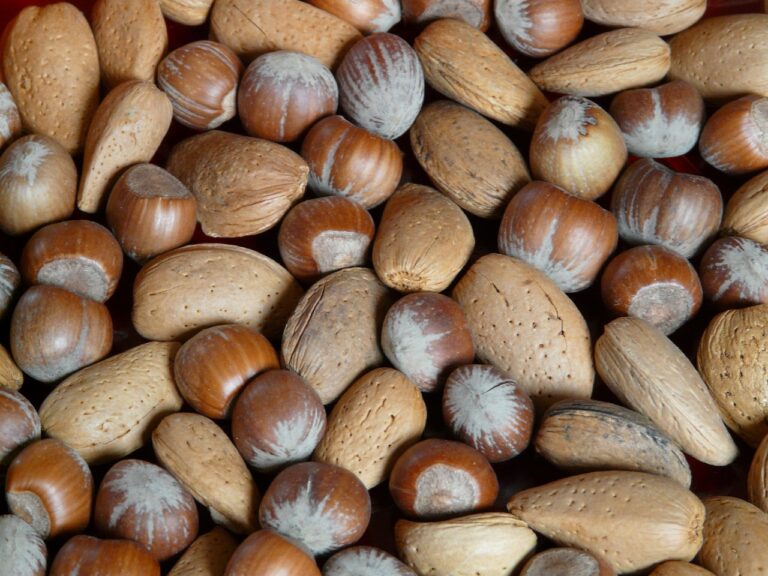Addressing challenges in sourcing organic fruit for pulp and puree production: Laser247 register, Lotus3655, Sky247login
laser247 register, lotus3655, sky247login: Sourcing organic fruit for pulp and puree production can be a challenging task for many companies in the food and beverage industry. With the increasing demand for organic products, finding high-quality organic fruit can be difficult due to various factors such as limited availability, price fluctuations, and logistical challenges. In this article, we will explore some of the common challenges faced by companies in sourcing organic fruit for pulp and puree production and provide some strategies to address these challenges.
Quality Control: One of the major challenges in sourcing organic fruit for pulp and puree production is maintaining consistent quality control. Organic fruits are grown without the use of synthetic pesticides and fertilizers, which can make them more susceptible to pests, diseases, and other environmental factors. To ensure that the fruit meets the required quality standards, companies need to have strict quality control measures in place throughout the sourcing process, from the selection of suppliers to the final processing stage.
Limited Availability: Another challenge in sourcing organic fruit for pulp and puree production is the limited availability of organic produce. Organic farming practices require more time, effort, and resources compared to conventional farming, which can result in lower yields and limited availability of organic fruit. Companies may face challenges in finding suppliers who can provide a consistent and reliable source of organic fruit in sufficient quantities to meet their production needs.
Price Fluctuations: The cost of organic fruit can be higher than conventional produce due to the labor-intensive nature of organic farming practices, certification requirements, and limited availability. Price fluctuations in the organic market can also impact the cost of sourcing organic fruit for pulp and puree production. Companies need to carefully monitor market trends and prices to manage their production costs and maintain profitability.
Logistical Challenges: Sourcing organic fruit for pulp and puree production can also pose logistical challenges for companies, especially if the fruit needs to be sourced from different regions or countries. Logistical issues such as transportation, storage, and handling can impact the quality and freshness of the fruit, as well as the overall production process. Companies need to work closely with suppliers and logistics partners to ensure smooth and efficient supply chain operations.
Supply Chain Transparency: Maintaining supply chain transparency is crucial for companies sourcing organic fruit for pulp and puree production. Companies need to have clear visibility into the sourcing practices of their suppliers, including the use of organic farming methods, certification standards, and traceability of the fruit from farm to processing facility. Ensuring supply chain transparency can help companies build trust with consumers and meet their commitment to sustainability and ethical sourcing practices.
Collaboration with Suppliers: To address the challenges in sourcing organic fruit for pulp and puree production, companies need to collaborate closely with their suppliers. Building strong relationships with organic fruit suppliers can help companies secure a consistent and reliable source of high-quality organic produce. Companies can work with suppliers to develop long-term partnerships, implement quality control measures, and share best practices to ensure the success of their organic fruit sourcing initiatives.
In conclusion, addressing challenges in sourcing organic fruit for pulp and puree production requires careful planning, strategic partnerships, and a commitment to quality and sustainability. By implementing robust quality control measures, monitoring market trends, overcoming logistical challenges, ensuring supply chain transparency, and collaborating with suppliers, companies can navigate the complexities of sourcing organic fruit and meet the growing demand for organic products in the market.
FAQs:
Q: How can companies ensure the quality of organic fruit for pulp and puree production?
A: Companies can ensure the quality of organic fruit by implementing strict quality control measures, working closely with suppliers, and monitoring the sourcing process from farm to processing facility.
Q: What are some strategies to overcome price fluctuations in the organic market?
A: Companies can overcome price fluctuations by monitoring market trends, diversifying their supplier base, negotiating pricing agreements with suppliers, and optimizing their production processes to manage costs efficiently.
Q: How can companies address logistical challenges in sourcing organic fruit?
A: Companies can address logistical challenges by working closely with suppliers and logistics partners, optimizing transportation and storage processes, and ensuring timely delivery of organic fruit to the processing facility.







